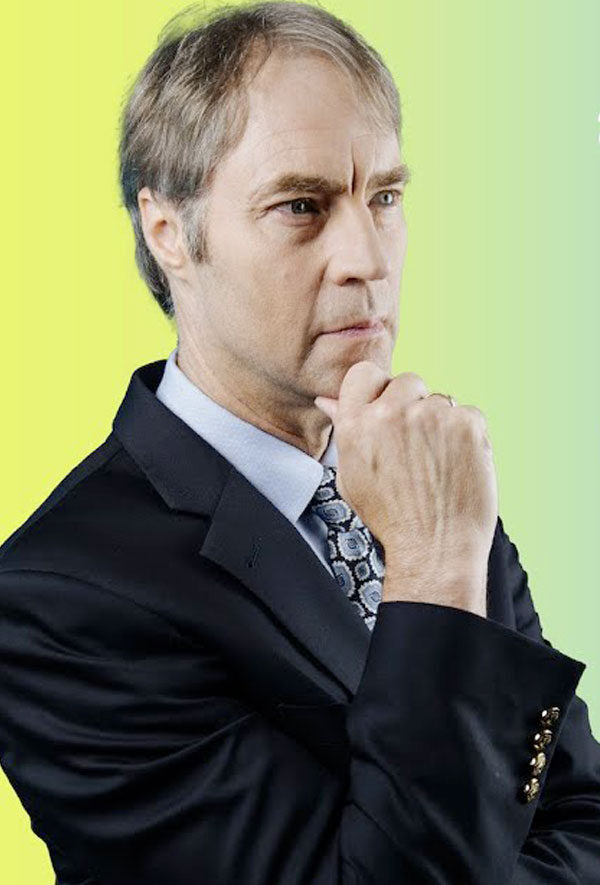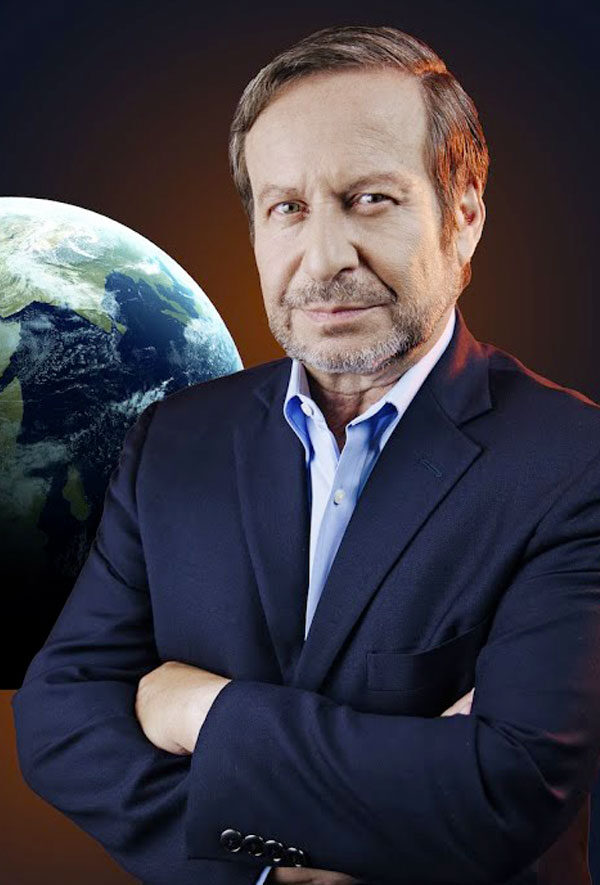Sommario
Can you believe in God and science at the same time? So-called “New Atheists” like Richard Dawkins and scientific materialists like Neil deGrasse Tyson certainly don’t think so. To them, religion gets in the way of science. In their view, more science leads to less God. This is not a new position. It was first expressed over a hundred years ago by English physician John Draper in a book titled, A History of the Conflict Between Religion and Science.
Draper, who was deeply influenced by Darwin’s then-new theory of evolution, regarded organized religion as a direct and existential threat to the advancement of science. As he put it “. . . [Religion] and Science are… absolutely incompatible; they cannot exist together…mankind must make its choice—it cannot have both.” So, are science and religion inevitably in conflict? Have they always been? Well, not exactly. In fact, the giants who established modern science—astronomer Johannes Kepler, chemist Robert Boyle, physicist Sir Isaac Newton and others—were deeply religious men. They didn’t see any conflict between science and religion.














